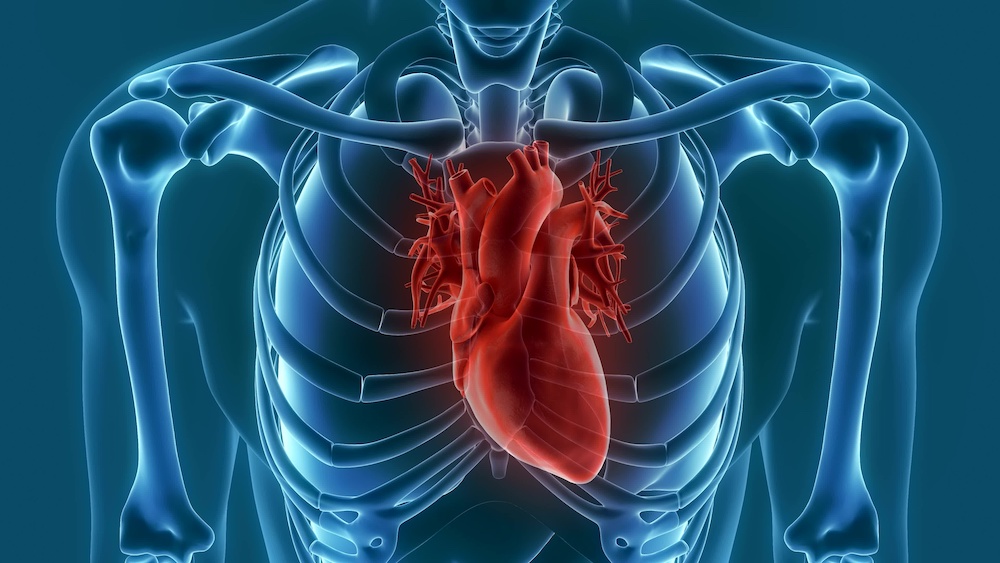Ischaemic heart disease (IHD), also called coronary heart disease, happens when the blood vessels supplying the heart become narrowed or blocked. This reduces blood flow and oxygen to the heart muscle, leading to chest pain, heart attacks, or even sudden death. It is one of the leading causes of illness and death worldwide, and its burden is increasing in Uganda due to lifestyle changes, high blood pressure, and diabetes.
If you are experiencing chest pain, palpitations, or breathlessness, you can get personalised advice from licensed doctors through Hope Plus. This premium service helps you get timely care and avoid complications.
Key Takeaways
- Ischaemic heart disease is caused by blocked or narrowed arteries in the heart.
- Main risk factors include high blood pressure, diabetes, smoking, obesity, high cholesterol, and family history.
- Symptoms range from chest pain (angina) to heart attacks and sudden cardiac death.
- Treatment involves urgent hospital care for heart attacks, daily medicines like aspirin and statins, and strict lifestyle changes.
- Prevention includes healthy diet, regular exercise, quitting smoking, and controlling blood pressure and diabetes.
Causes
- Cholesterol plaque buildup inside the arteries (atherosclerosis)
- Blood clot formation that blocks blood flow
Risk Factors
- Hypertension
- Diabetes mellitus
- Smoking
- Obesity and lack of physical activity
- Unhealthy diet (high in fat, salt, and processed foods)
- High cholesterol
- Family history of heart disease
Symptoms and Clinical Features
- Heart attack (acute coronary syndrome): severe or prolonged chest pain, sometimes spreading to the left arm, neck, or back. May be associated with sweating, breathlessness, vomiting, anxiety, low blood pressure, or fast heartbeat.
- Stable angina: chest tightness or pressure during exertion, which improves with rest.
- Sudden cardiac death: often caused by fatal irregular heart rhythms.
Differential Diagnosis
Conditions that may look like heart disease include:
- Indigestion, hiatus hernia, or peptic ulcer
- Pleurisy or pericarditis
- Pulmonary embolism
- Aortic dissection
Investigations
- Cardiac enzymes (troponin, CPK)
- ECG (resting and stress test)
- Echocardiogram
Management of Acute Coronary Syndrome
- Aspirin 300 mg (to be chewed) immediately
- Refer urgently to hospital
- Glyceryl trinitrate 500 micrograms under the tongue, repeat if needed
- Oxygen therapy if oxygen saturation <94%
- Morphine 2.5–5 mg IV for pain
- Statins: Simvastatin 40 mg or Atorvastatin 40 mg daily
- Enoxaparin 1 mg/kg SC every 12 hours
- Treat complications such as arrhythmias or heart failure
Additional Medicines
- Beta blockers (e.g. Atenolol 25–50 mg) if blood pressure and pulse allow
- ACE inhibitors (e.g. Enalapril 2.5–10 mg daily)
- Long-term continuation with aspirin, statin, beta blocker, and ACE inhibitor
- Lifestyle modifications (diet, exercise, no smoking, stress control)
Management of Stable Angina
- Aggressive control of risk factors (hypertension, diabetes, obesity, smoking)
- Aspirin 75–150 mg daily
- Atorvastatin 40 mg daily
- Beta blockers (Atenolol 25–100 mg) if no contraindications
- Refer if symptoms persist despite treatment
Prevention
- Eat a low-fat, low-cholesterol diet
- Exercise regularly
- Stop smoking
- Maintain a healthy weight
- Control blood pressure and diabetes
- Consider aspirin and statin if you have multiple risk factors
Frequently Asked Questions
What is the difference between angina and a heart attack?
Angina causes temporary chest pain during exertion that improves with rest. A heart attack is more severe and prolonged, occurring when blood flow is completely blocked.
Can women experience different symptoms?
Yes. Women may experience fatigue, nausea, or breathlessness instead of the classic crushing chest pain.
Can ischaemic heart disease be cured?
It cannot be fully cured, but with medicines and lifestyle changes it can be controlled and complications prevented.
When should I seek medical help?
If you have chest pain that spreads to your arm, neck, or back, or sudden shortness of breath, seek urgent care immediately.


